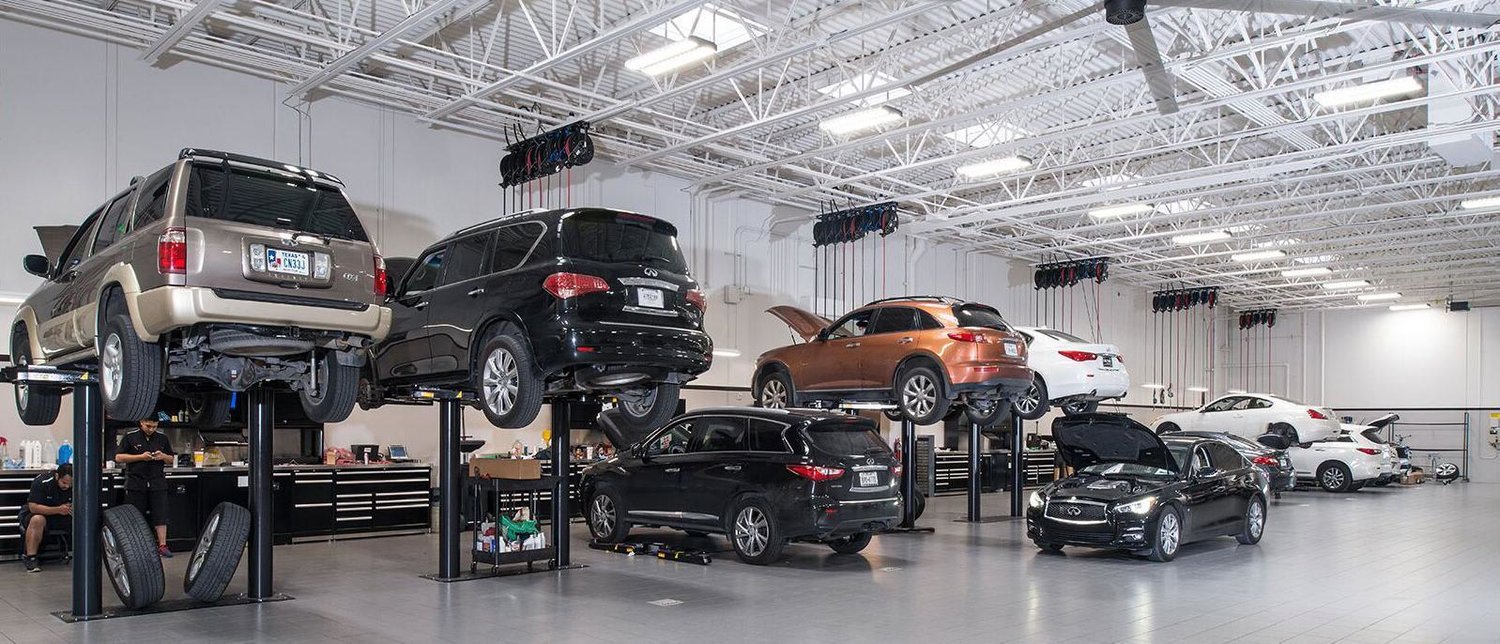All Categories
Featured
Routine vehicle maintenance is a crucial part of automobile possession, however identifying just how often to arrange these exams can in some cases be puzzling. Whether you drive a brand-new automobile or a high-mileage vehicle, remaining on top of upkeep makes sure safety, optimum efficiency, and a longer lifespan for your car. In this short article, we'll explore the factors that affect service periods and just how you can develop a schedule that benefits you.

- Supplier's Standards: Your First Referral Point. Every automobile comes with a customer guidebook, that includes the maker's recommended solution periods. These guidelines are customized especially to your vehicle design and its parts. Common recommendations include:
Oil adjustments: Every 5,000 to 10,000 miles or 6-12 months, relying on whether you use conventional or synthetic oil. Tire rotations: Every 5,000 to 7,500 miles to make sure even put on and prolong tire life. Major services: At turning points like 30,000, 60,000, or 100,000 miles, which might include timing belt replacements, coolant flushes, and transmission maintenance. Staying with the maker's schedule assists keep your vehicle's efficiency and keeps its service warranty legitimate.
- Driving Problems Matter. Exactly how and where you drive considerably impacts how often your car needs maintenance. Autos made use of under "serious driving conditions" may require even more frequent upkeep. These problems include:
Regular short trips under 10 miles. Driving in heavy stop-and-go website traffic. Running in extreme temperature levels (hot or cold) Traveling on messy, sloppy, or unequal roads. If any one of these apply to your daily commute, consider arranging more frequent oil changes and assessments to avoid damage. 3. Modern Qualities: Checking Your Auto's Health. Several contemporary autos are geared up with onboard diagnostics and upkeep suggestion systems. These features check your lorry's problem in actual time and alert you when it's time for servicing. Pay interest to these alerts, as they are based on variables like mileage, engine efficiency, and oil problem.
- Seasonal Upkeep: Prepare Year-Round. Modifications in climate can affect your car's performance, so organizing seasonal examinations is an excellent method.
Before winter months, ensure your battery, tires, and heating system are in great condition to take care of chillier temperatures. Before summer, evaluate your air conditioning system, cooling, and fluids to prevent overheating. Seasonal upkeep maintains your cars and truck trustworthy and ready for shifting conditions.
- Indications Your Cars And Truck Demands Immediate Interest. Often, your cars and truck might need maintenance before the set up period. Look for the complying with warning indications:
Odd sounds, such as grinding or squealing. Lowered fuel efficiency. Control panel warning lights, including the check engine light. Problem beginning the auto or stalling. Attending to these concerns without delay can save you from costly repair work later on.
- Advantages of Remaining Constant. Regular maintenance isn't almost following a timetable-- it's an investment in your cars and truck's future. It helps:
Maintain you and your travelers risk-free. Optimize fuel effectiveness. Prevent costly malfunctions. Expand the life of your car. Increase resale value by maintaining a detailed service document. Conclusion. Just how often should you service your automobile? The solution depends on your auto's make, your driving practices, and environmental conditions.
Latest Posts
Top Tips for Maintaining Your Wood Fence Great Forming
The Toughness and Design of Ornamental Iron Fencing
Spot the Indication: When to Fix or Change Your Roof Covering